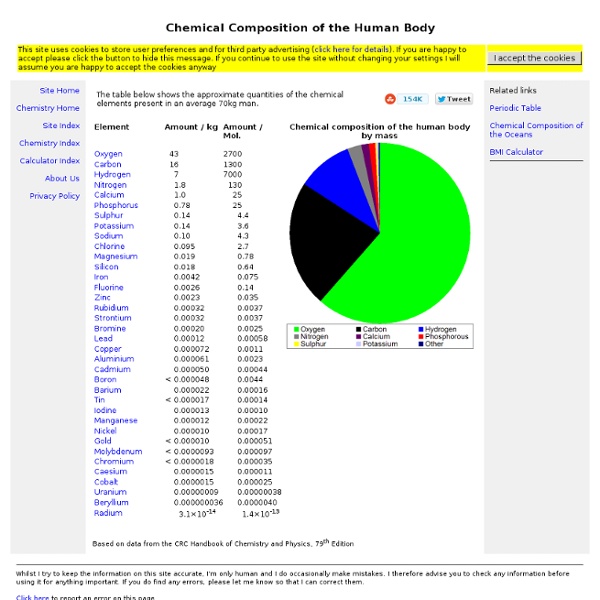



Ten things you don’t know about the Earth Look up, look down, look out, look around.— Yes, "It Can Happen" Good advice from the 70s progressive band. Look around you. Unless you’re one of the Apollo astronauts, you’ve lived your entire life within a few hundred kilometers of the surface of the Earth. There’s a whole planet beneath your feet, 6.6 sextillion tons of it, one trillion cubic kilometers of it. Below are ten facts about the Earth — the second in my series of Ten Things You Don’t Know (the first was on the Milky Way). 1) The Earth is smoother than a billiard ball. Maybe you’ve heard this statement: if the Earth were shrunk down to the size of a billiard ball, it would actually be smoother than one. OK, first, how smooth is a billiard ball? The Earth has a diameter of about 12,735 kilometers (on average, see below for more on this). The highest point on Earth is the top of Mt. Hey, those are within the tolerances! But would it be round enough to qualify? 2) The Earth is an oblate spheroid The Earth is round! Bummer. Mt.
What would happen if I drilled a tunnel through the center of th" Want to really get away from it all? The farthest you can travel from home (and still remain on Earth) is about 7,900 miles (12,700 kilometers) straight down, but you'll have to journey the long way round to get there: 12,450 miles (20,036 kilometers) over land and sea. Why not take a shortcut, straight down? Of course, you'd be in for a rough ride. For sake of argument (and survival) let's pretend the Earth is a cold, uniform, inert ball of rock. At the Earth's surface, gravity pulls on us at 32 feet (9.8 meters) per second squared. You're still moving at a heck of a clip, though, so don't expect to stop there. Of course, reality has a tendency to intrude on even the best thought experiments.
Hours of daylight vs latitude vs day of year.png - Wikipedia, the free encyclopedia Ask a Physicist: How long does it take for you to fall into a black hole? - io9 @Pants McCracky: What our friendly physicist didn't explain is that the difference is perceptual. Time doesn't "slow down" as you approach the event horizon because time isn't a universal thing. Okay, so imagine you're carrying a big clock as you approach the event horizon, and I'm carrying a synchronized clock with me. As you fall closer to the event horizon, it will look like your clock is running slower than mine. But from your perspective it's totally different. Cloning mammoths may lead directly to prehistoric zombie apocalypse Royal BC Museum, Victoria, British Columbia. Here's an excellent idea that hasn't ever been illustrated as a catastrophic example of scientific hubris in a series of incredibly popular action-horror movies in which people innocently sitting in the john are savagely eaten by giant prehistoric things with big teeth: A researcher at Kyoto University has announced plans to clone, produce and raise a wooly mammoth of a species that died out more than 5,000 years ago, then do it again, enough times to create a kind of Ice-Age version of Jurassic Park, probably without all the screaming and running. There's some debate about the project. The group of Japanese scientists on the cloning team -- led in the mammoth-making effort by Akira Iritani of Kinki University's School of Biology Oriented Science and Technology -- think the cells are actually from more of a wooly rhinoceros sort of thing. Mammoths aren't the only things being cloned, of course. To these I say: Shut up. Or we slaughtered them all.